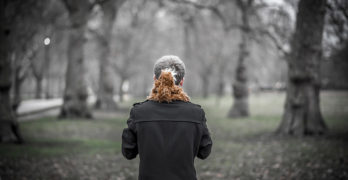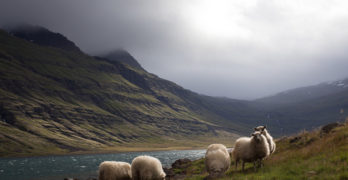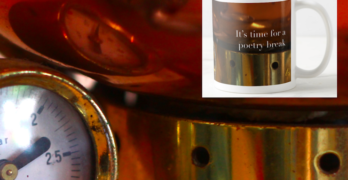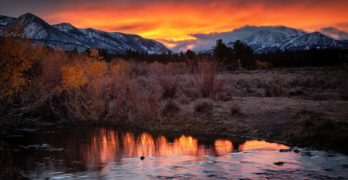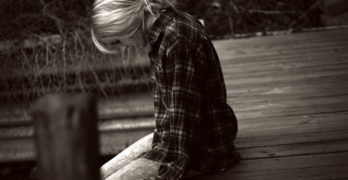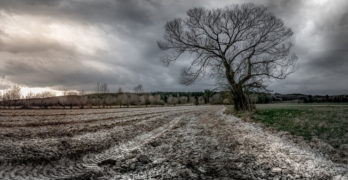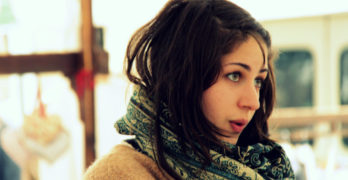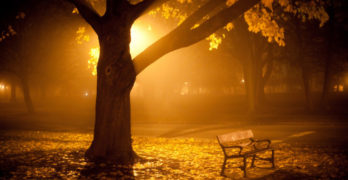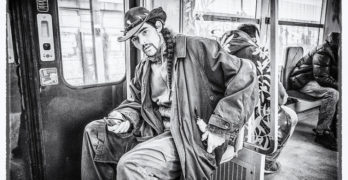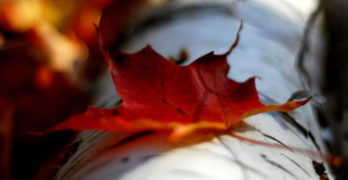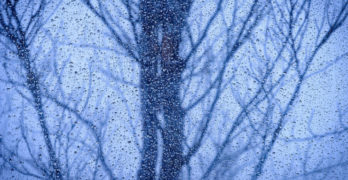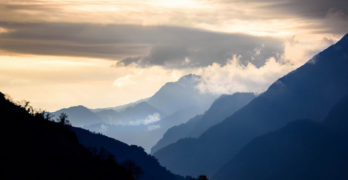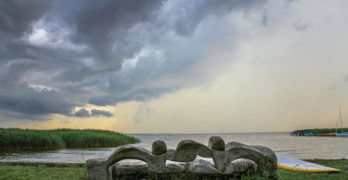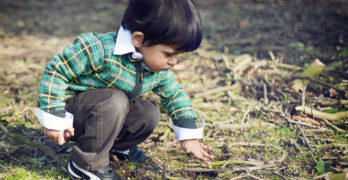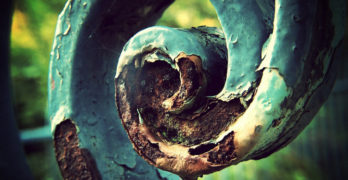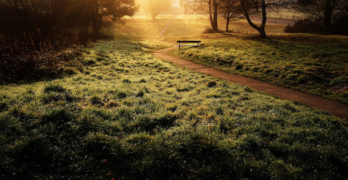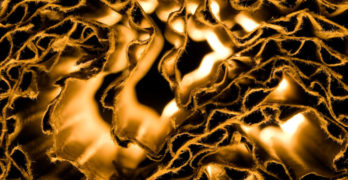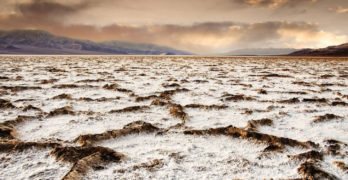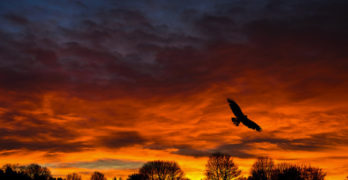“Oyster” by Scottish poet Michael Pedersen is a jarring, irreverent poetry collection that wallops you with unexpected tenderness.
Poets and Poems: Jennifer Wallace and “Almost Entirely”
“Almost Entirely” by Jennifer Wallace contains 73 poems that look deeply at what makes us human, and what is within us that keeps reaching for the divine.
Your Work Is Poetry: Poetry at Work Day 2018!
Today is Poetry at Work Day 2018. Most poets have day jobs, because poetry isn’t that lucrative a profession. But poetry is inherent in all work.
Poets and Poems: Tania Runyan and “What Will Soon Take Place”
The 54 poems of “What Will Soon Take Place” by Tania Runyan are inspired by an unexpected source — the Book of Revelation in the Bible.
Poets and Poems: Sinead Morrissey and “On Balance”
“On Balance,” the new poetry collection by Sinead Morrissey, reminds us that technology brings both the good and the tradeoff.
Poets and Poems: Caroline Bird and “In These Days of Prohibition”
“In These Days of Prohibition” by poet Caroline Bird forces us to see the meaning of ourselves and the life around us in different and unexpected ways.
Poets and Poems: Simon Armitage Translates “Pearl”
British poet Simon Armitage has translated the late Middle English poem “Pearl,” a beautiful poem about a father’s grief and how he resolves it.
Poets and Poems: Tara Skurtu and “The Amoeba Game”
In “The Amoeba Game,” poet Tara Skurtu explores her American and Romanian roots and writes about life, childhood, self-discovery, and identity.
Poe, Rilke, and Our Black Cat
This Halloween, your black cat can be the instrument of vengeance in the Poe story, or the amber-eyed feline in the poem by Rilke. Or it can be like Kiddy.
Poets and Poems: Luke Kennard and “Cain”
In “Cain: Poems,” British poet Luke Kennard has brought the biblical character of Cain into contemporary life, with funny and poignant results.
Poets and Poems: Michelle Menting and “Leaves Surface Like Skin”
The poems of ‘Leaves Surface Like Skin” by Michelle Menting use the images and metaphors of nature to explore and explain the human condition.
The Lenore Marshall Prize: “Brooklyn Antediluvian” by Patrick Rosal
The Academy of American Poets has awarded the Lenore Marshall Prize to “Brooklyn Antediluvian,” an arresting and innovative collection by Patrick Rosal.
The Mythic and Heroic: “The Song of Hiawatha” by Henry Wadsworth Longfellow
“The Song of Hiawatha” by Henry Wadsworth Longfellow is a beautiful story about a heroic leader who loses what he holds most dear.
Poets and Poems: John Latham and “From Professor Murasaki’s Notebooks”
The poems of “From Professor Murasaki’s Notebooks” by John Latham linger in the mind, and in the heart, long after the reading is done.
The First Poetry for Children: “Divine Emblems” by John Bunyan
In 1686, the English Puritan minister and writer John Bunyan published what we know today as “Divine Emblems,” the first book of poetry for children.
The Poetry of the Visiting Card: Miss Jennie Todt meets Catherina Gerhard
A visiting card in an 1899 edition of “Longfellow’s Complete Poems” leads to stories of German immigrants, St. Louis history, and even beer.
“Housman Country: Into the Heart of England”
Peter Parker, in “Housman Country: Into the Heart of England,” explains why “A Shropshire Lad” became one of the most popular poetry books of the 20th century.
Honoring Gwendolyn Brooks: The Golden Shovel Anthology
“The Golden Shovel Anthology” has been published by the University of Arkansas Press to honor poet Gwendolyn Brooks, with a new poetic form.
Poetic Voices: Scott Owens and David Chorlton
Poets Scott Owens and David Chorlton might rightfully be call “poets of the land” But the lands they immerse themselves in are very different.
Poets and Poems: Jeremiah Webster and “After So Many Fires”
“After So Many Fires” by poet Jeremiah Webster brings us into a different landscape different from many contemporary collections – a landscape of hope.
